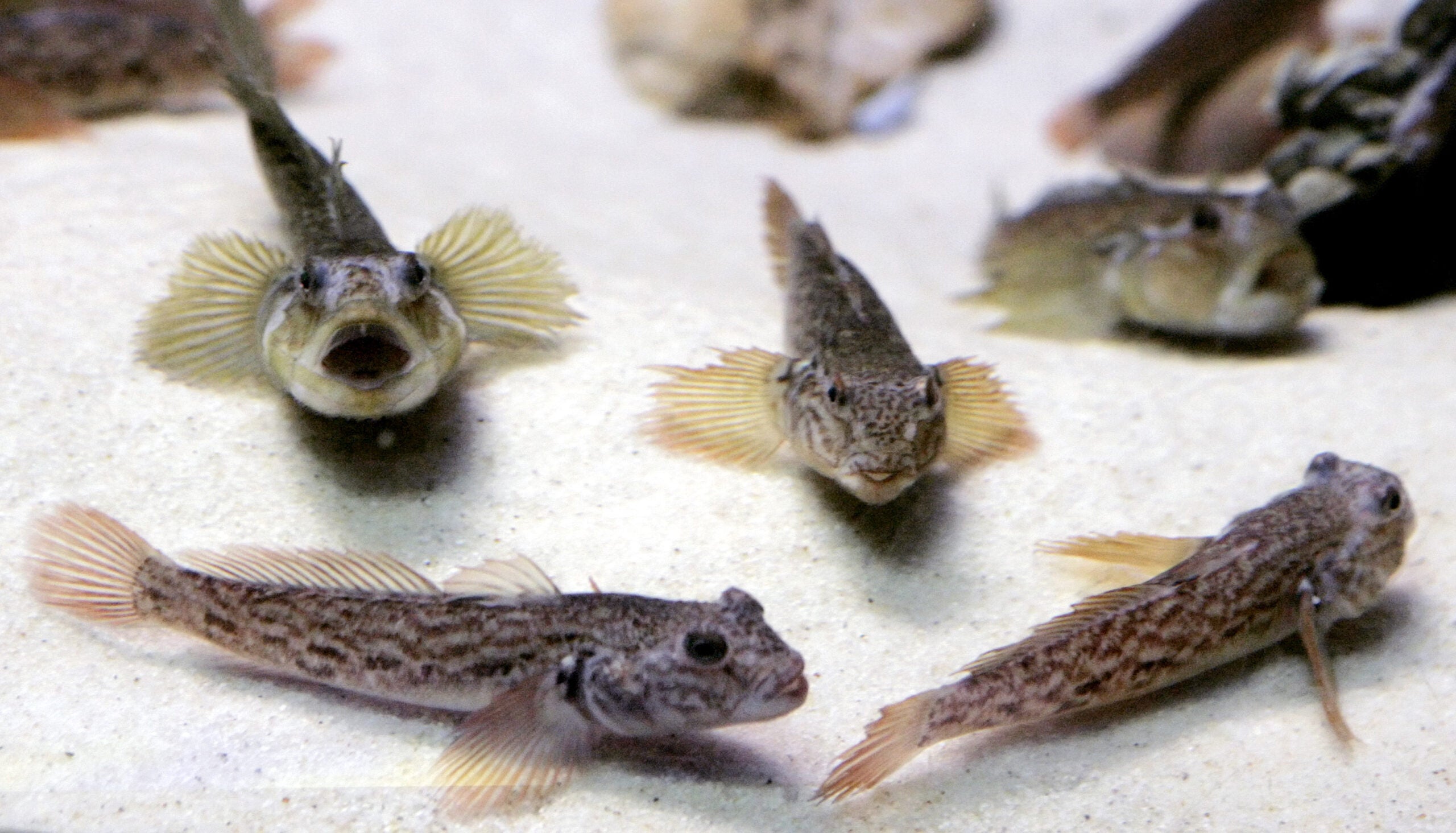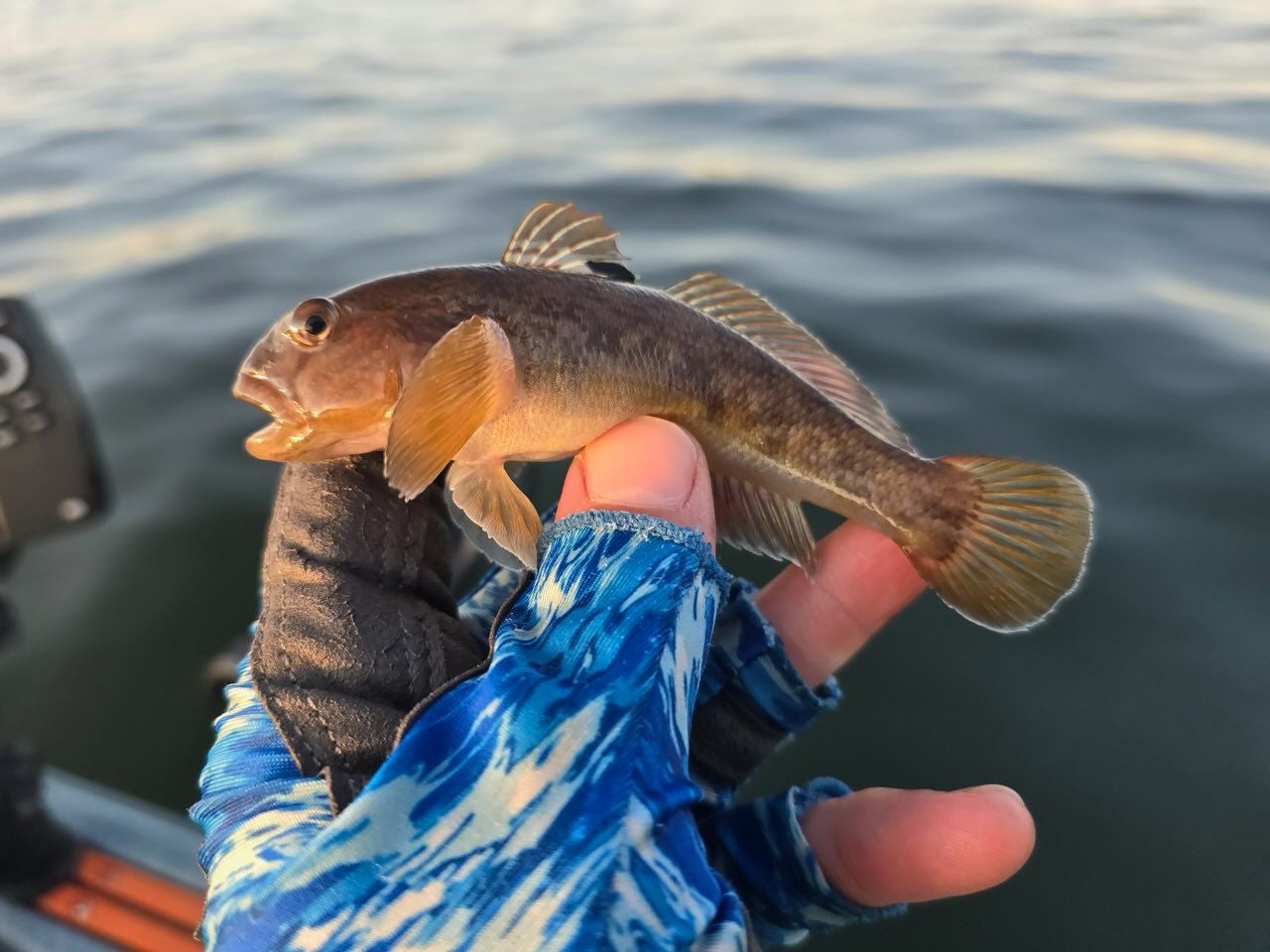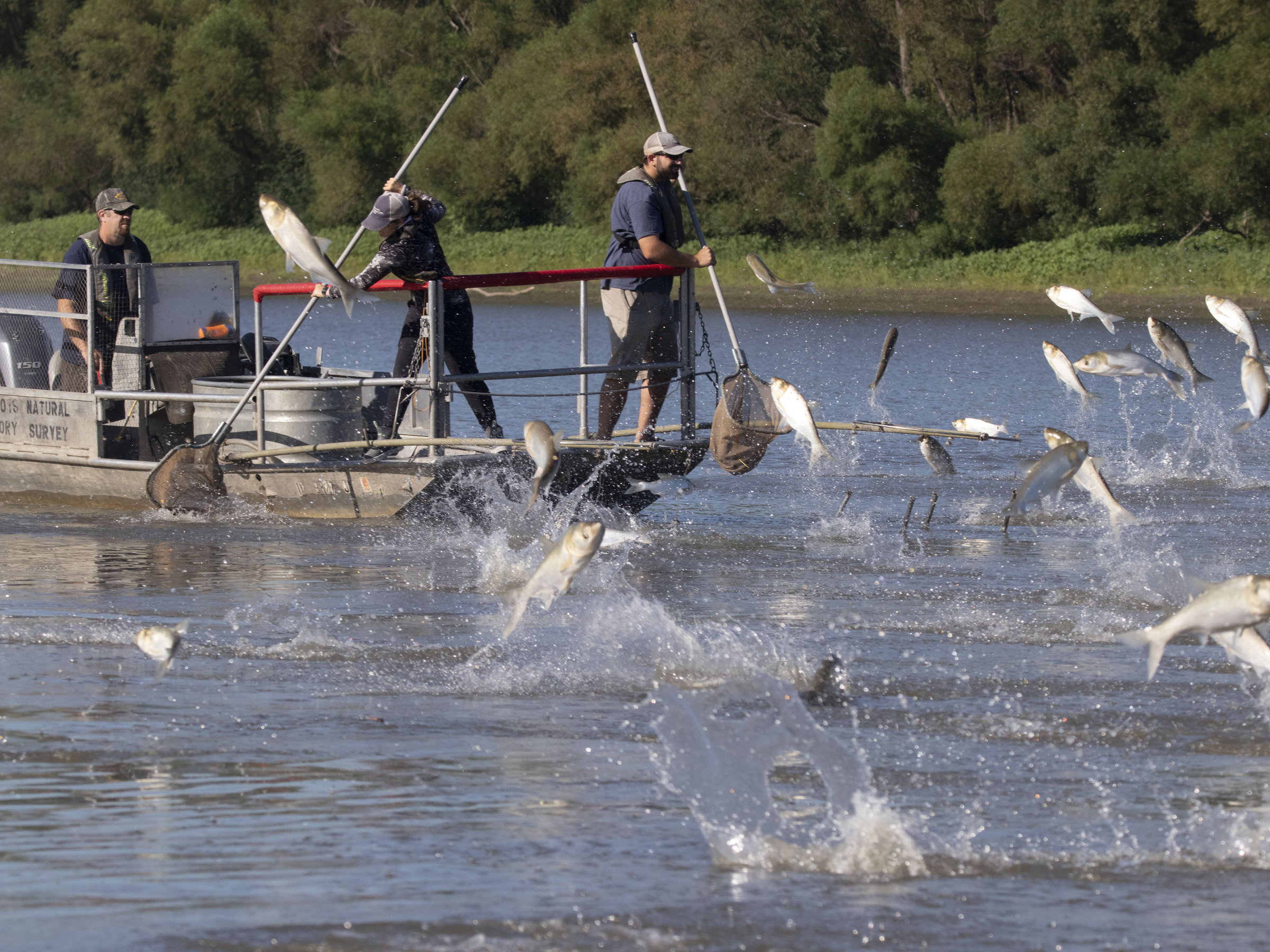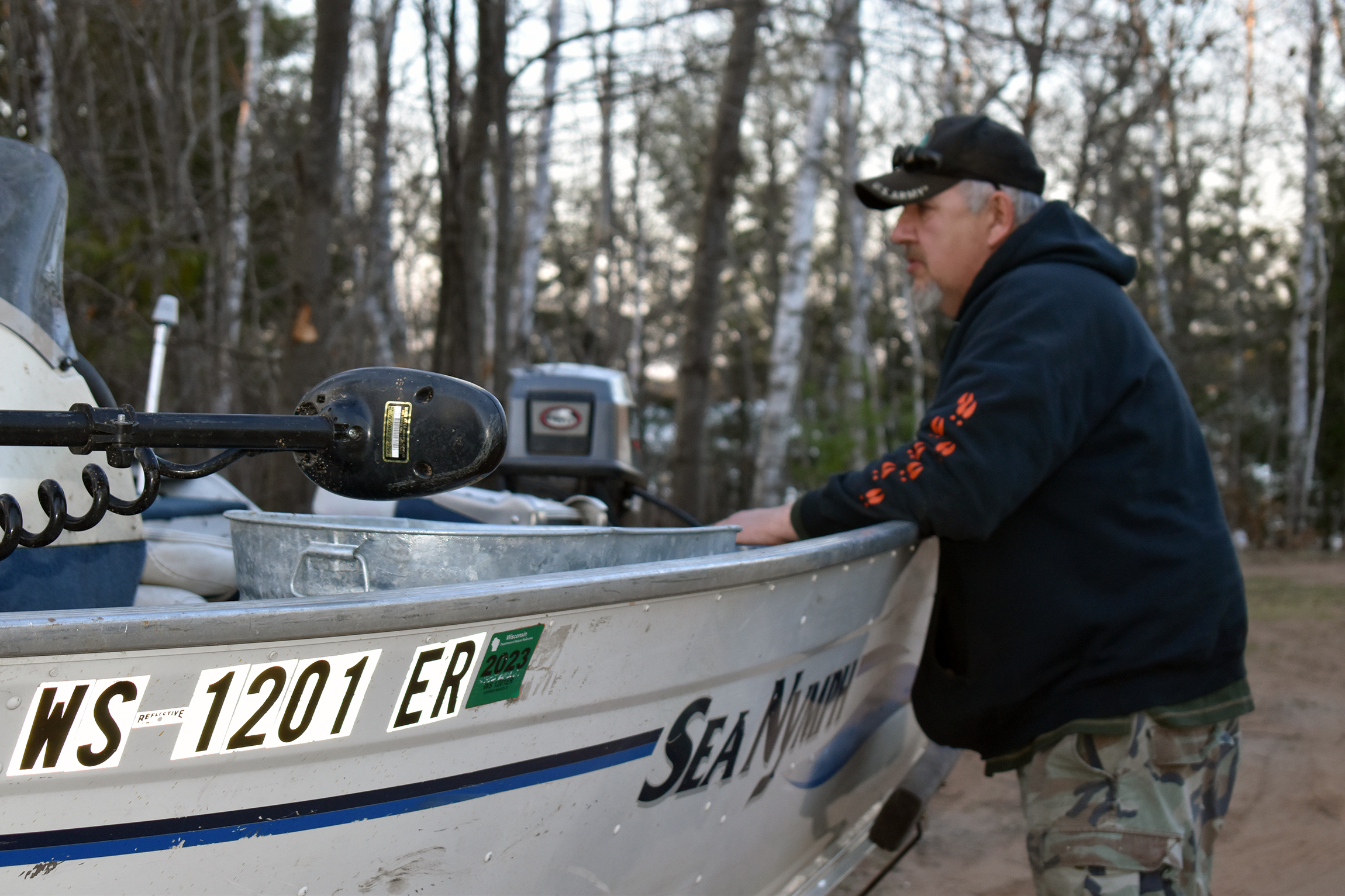A system of 16 locks runs between De Pere south to Appleton, covering more than 25 miles of the Fox River.
Most of the 16 locks will open Friday, but two will remain closed this season because of the invasive round goby, a fish that comes from Eurasia and is thought to have come to the United States in the ballast water of large ships as early as 1990.
The two locks are the The Rapide Croche and the Menasha.
News with a little more humanity
WPR’s “Wisconsin Today” newsletter keeps you connected to the state you love without feeling overwhelmed. No paywall. No agenda. No corporate filter.
The fish has been found in Little Lake Buttes Des Morts, which feeds into the Fox River that flows north to Green Bay and into Lake Michigan.
Despite the invasive fish and closed locks, there is some good news for boaters this season, said Bob Stark, CEO of Fox River Navigational Authority, which oversees the locks.
“The locks in Little Chute have not been used in some 30 years, so they’ve been refurbished, and this will be the first time they’ve operated,” Stark said.
But boaters wanting to travel from Green Bay to Lake Winnebago will still face obstacles.
The lock at Menasha has been closed since 2015, when the goby was found in Little Lake Buttes Des Morts and the Wisconsin Department of Natural Resources ordered it closed. The Rapide Croche lock hasn’t reopened since it was closed to block a different invasive species found in 1988.
If the goby get further into the Lake Winnebago system, it could eventually infect 17 percent of the state’s inland waters, said DNR Fishery Supervisor Kendall Kampke.
Kampke said the Menasha lock closure is “unfortunate” because, “it’s also one of the busiest locks, because you have got Lake Winnebago as a destination for anything in the Appleton area. Those boats were using the Menasha lock on a regular basis.”
Stark said the FRNA is “adamant” about finding a way to get boats where they need to go.
“For the past year or longer we’ve actually done some engineering on an overland haul-over type of a system where boats could be trolleyed over past the lock,” Stark said. “That preliminary design has been completed.”
Stark said the FRNA is also looking at other alternatives, such as “an electric barrier not unlike what’s being used at the Chicago Ship Canal to keep the big head carp from getting into Lake Michigan.” Stark said infusing water with carbon dioxide is also an option.
Wisconsin Public Radio, © Copyright 2026, Board of Regents of the University of Wisconsin System and Wisconsin Educational Communications Board.





